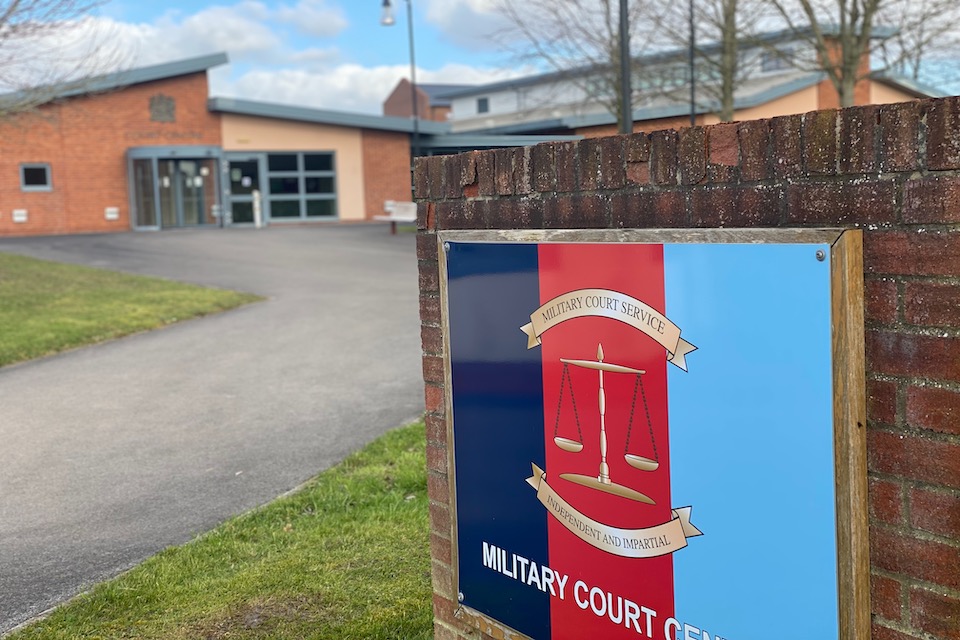
Military Justice Unveiled: Navigating Court-Martial Procedures
Introduction to Military Court-Martial Procedures
In the realm of military justice, court-martial procedures serve as a distinctive legal process for addressing offenses committed by military personnel. Unlike civilian courts, military justice operates within its own framework, ensuring discipline and order within the armed forces. Understanding the intricacies of court-martial procedures is essential for both military personnel and those seeking insights into this specialized legal realm.
The Three Types of Courts-Martial
Military court-martial procedures are categorically divided into three types: summary, special, and general courts-martial. Each serves a specific purpose based on the severity of the alleged offense. Summary courts-martial handle minor offenses, special courts-martial address intermediate offenses, and general courts-martial deal with more serious criminal allegations.
Chain of Command and the Legal Process
The military legal process is intricately tied to the chain of command. Commanding officers play a crucial role in deciding the type of court-martial and appointing the court members. This unique aspect emphasizes the military’s internal structure and the responsibility of leadership in maintaining discipline and enforcing justice.
Charges and Investigations: Initiating the Legal Proceedings
Military court-martial procedures commence with the filing of charges against a service member. Investigations precede this formal accusation, ensuring that there is sufficient evidence to warrant legal action. This stage underscores the military’s commitment to thorough examination before subjecting its members to the formal legal process.
The Role of the Judge Advocate
Central to the military court-martial procedures is the involvement of judge advocates, who act as legal advisors and prosecutors. These legal professionals play a vital role in ensuring a fair and just trial. Their expertise in military law guides the proceedings, safeguarding the rights of both the accused and the military as a whole.
Rights of the Accused: Balancing Discipline and Fairness
While military discipline is paramount, court-martial procedures also prioritize the protection of the accused’s rights. Service members facing court-martial have the right to legal representation, to present evidence, and to cross-examine witnesses. This delicate balance ensures that justice is served without compromising individual rights.
The Court-Martial Trial: A Unique Legal Experience
The court-martial trial itself is a distinctive legal experience. Military courtrooms operate with their own set of rules and procedures, ensuring efficiency and adherence to military discipline. The trial process is designed to address offenses swiftly while maintaining fairness and upholding the principles of justice.
Sentencing and Appeals: Ensuring Legal Integrity
Upon conviction, the sentencing phase becomes crucial in military court-martial procedures. The severity of the sentence is determined based on the nature of the offense. Importantly, the military justice system allows for appeals, providing a mechanism to rectify any errors or injustices that may have occurred during the trial.
Civilian Oversight and Legal Assistance
Despite its internal nature, military justice is not entirely insular. There are mechanisms for civilian oversight to ensure that the legal proceedings align with broader legal principles. Additionally, service members facing court-martial have access to legal assistance to guarantee a fair and robust defense.
Navigating Military Court-Martial Procedures: Expert Guidance
For those seeking a deeper understanding of military court-martial procedures or facing legal challenges within the military justice system, expert guidance is indispensable. Explore Josslawlegal.my.id to gain insights into military legal services and court-martial procedures. Navigating the intricacies of military justice requires not just legal expertise but a nuanced understanding of the unique dynamics within the armed forces.


